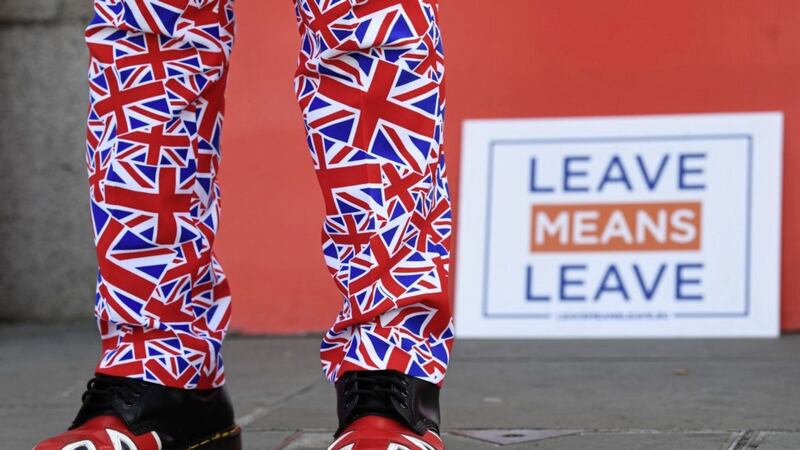A THIRD of people in Northern Ireland feel Brexit has had a negative impact on their mental health, according to a survey.
Research by the British Association for Counselling and Psychotherapy (BACP) found that people were stressed due to high levels of uncertainty.
The proportion from the north who said they had been affected was in line with a UK-wide average of 33 per cent.
London (38 per cent) had the highest percentage followed by Wales (36).
The Public Perception Survey conducted by YouGov also showed large variations in how people's health was affected along age groups, household incomes, social grades and even voting habits.
A total of 28 per cent of 16 to 24-year-olds agreed that their wellbeing had been affected compared to 37 per cent of those 65 and older.
Homes with an income of under £15,000 were the least likely be affected.
"Most of us dislike change, because of the uncertainty it creates, and there is a lot of uncertainty around Brexit," said Andrew Kinder, BACP governor.
"There is uncertainty on whichever side people voted for, whether that is remain or leave. Uncertainty can be stressful for people, and it does impact on their wellbeing, and if people have underlying issues as well, this is fuelling it and adding to it."
The figures also showed that 43 per cent of people who voted Labour in the 2017 General Election reported their mental wellbeing had been negatively impacted, compared to 20 per cent who voted Conservative.
The figure for voters of `other' parties, which included the DUP and Sinn Féin, was 31 per cent.








